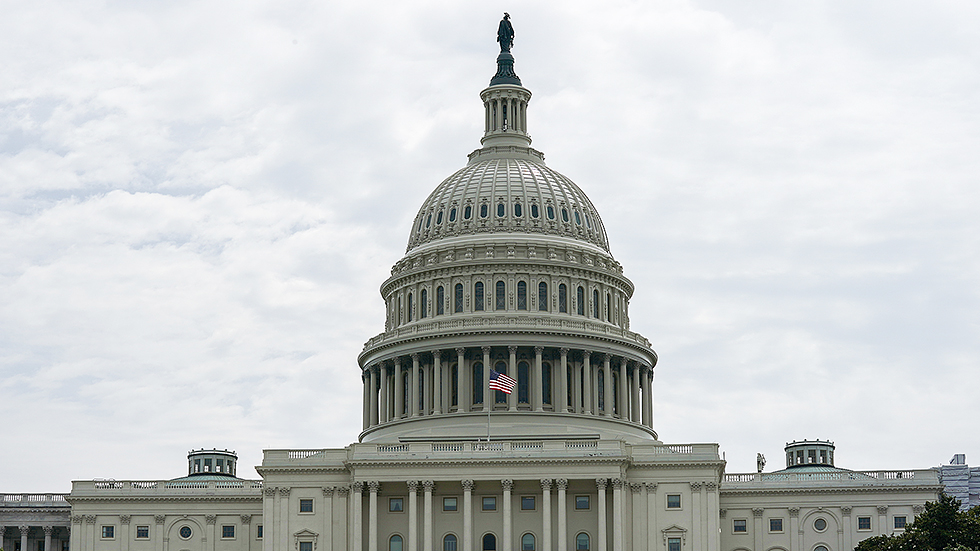By: George Gilder – wsj.com –
The conceit that everyone must bow to ‘science’ is not only undemocratic but dangerous in its own right.
The U.S. economy has been cratered less by the coronavirus than by the response to it—driven by the undemocratic idea that “science” should rule, even when much of the science and the data behind it remain in dispute.
We’re told in this plague year that politicians have no role—in essence, that the people have no real rights against consensus science, which can demand that we forfeit our liberties and suspend the Constitution. Political leaders, elected to exercise judgment on our behalf, must defer to doctors, because the viral threat is addressable only through medical expertise.
Yet since many liken fighting the coronavirus to war, we should remember that in war admirals and generals defer to civilian authority—to the president, as commander in chief, on matters of strategy and to Congress on matters of budget. This is not a design flaw but how a free people governs itself, even in a perilous crisis. It is how we bring the largest possible perspective to decision-making.
The demands of health-care experts are not greater than the demands of the economy, for a very simple reason: The health-care system is not separate from the economy but a crucial part of it. The health-care system saves lives; the economy provides everything we need to live. The damage being done to the economy—if sustained—could easily cost more lives world-wide than the coronavirus.
There are not, and never will be, scientific answers to all public problems. Scientific expertise and specialization inform good policy, but they should never be the final word. To navigate successfully between competing interests or competing calamities, between war and peace, and even between deadly pandemics and deadly economic depressions, we need politics—and politicians.
The American system of government asserts these truths: that the people have an ineradicable right to govern themselves, that politics is how we exercise our free will, and that rather than reflexively deferring to experts, we should defer as much as possible to the principles of freedom and common sense.
Common sense says that if a disease threatens to kill millions of elderly people already afflicted by disease, those people should be sequestered and protected. But the rest of us should proceed with our work, taking prudent precautions, even if some of us die anyway.
Anthony Fauci is undoubtedly a fine physician, but he is not in a position to cure what ails us. We are beset by more than a virus; we are beset by bad ideas about what government can and should do, and about who should be making crucial decisions.
It may be a hard truth for many to grant, especially because so many in the media hate the president with a fever that itself seems a contagion, but an optimistic, patriotic, practical-minded politician like Donald Trump, who over the past few years presided over a period of singular economic success, is exactly the man to provide the correct, if undoubtedly painful, cure for the current crisis. We may not envy him his decisions, but he is in the best position to make them.
To see this article and subscribe to others like it, click read more.
 Listen Online
Listen Online Watch Online
Watch Online Find a Station in Your Area
Find a Station in Your Area










 Listen Now
Listen Now Watch Online
Watch Online
